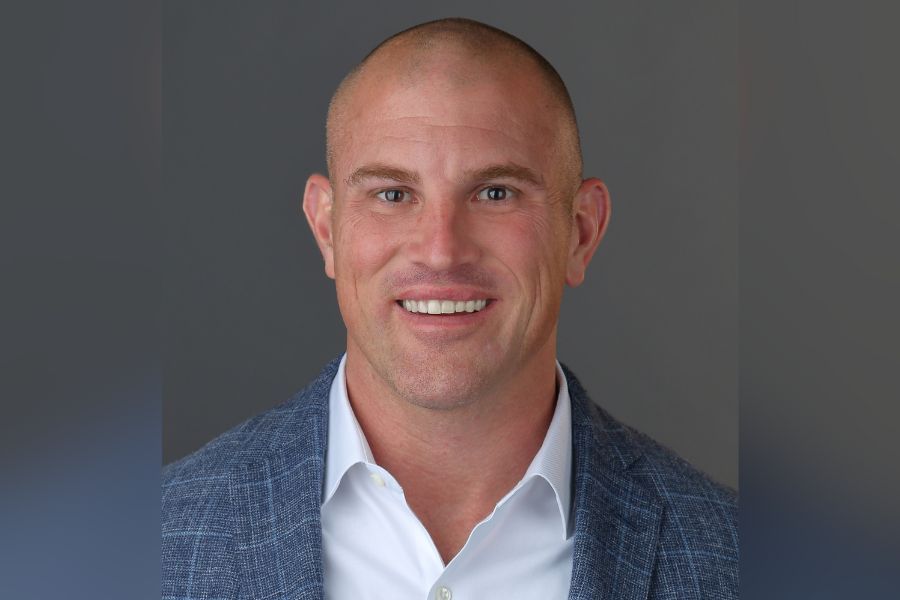These funds can help you avoid donation headaches

Three-quarters of donors say donor-advised funds help them lower capital gains taxes or give more to charities.
Wealthy Americans think more strategically about their charitable gifting than one might expect.
About 90% of donors who contribute to charities through donor-advised funds (DAFs) each year do so for the immediate tax deduction, a new survey of 119,000 of Fidelity Charitable’s donors found.
Specifically, about three-quarters of donors cited an interest in lowering capital gains taxes or being able to give more to charities by using the tax-advantaged vehicle. Seventy-six percent like the flexibility to fund DAFs with appreciated assets like publicly traded stock, the survey released Wednesday found.
But donors are motivated to give beyond the tax breaks.
Three-quarters of donors also liked that the funds allow them to continue to invest and build their charitable funds, and 69% appreciate that using the funds is an organized way of giving and offers a clear record of donations.
“Our account has made us more conscious about where we want to focus our support, and at what level,” said donor Stephen Sternheimer in the 2015 Giving Report on Fidelity Charitable donors. “This enables us to have a more reasoned, thoughtful approach to giving.”
About $17 billion was contributed to donor advised funds in 2013, according to the National Philanthropic Trust, and more than $50 billion currently sits in the accounts waiting to be distributed to charities.
The survey also found that more than two-thirds of donors like that DAFs afford them time to decide where to send their charitable dollars. Unlike a foundation that must distribute 5% of funds each year, there are no such distribution rules for DAFs.
The majority of donations to the funds, however, are passed on to charities within 10 years, according to the new giving report.
The wealthiest donors surveyed, those who have DAFs worth more than $250,000, especially appreciate that the funds can be built up to provide a large future gift, to leave a charitable legacy and to bring the family together around charitable giving.
The largest DAFs are run by Fidelity, Charles Schwab and Vanguard, which collect fees for administering the funds.
Learn more about reprints and licensing for this article.








